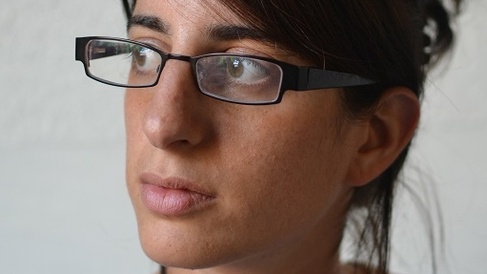Jordana Blejmar

Dr Jordana Blejmar
Dr Blejmar is currently a Lecturer in the Department of Cultures, Languages and Area Studies at the University of Liverpool. She is also a Visiting Fellow at the Institute of Modern Languages Research at the School of Advanced Study, University of London.
The Truth of Autofiction: Second-Generation Memory in Post-Dictatorship Argentine Culture
In my thesis I examined imaginative reenactments of the past and of the self in cultural works created by the so-called second generation of the post-dictatorship era in Argentina. These works, I argued, distance themselves from films, literature, art and testimonies produced during the 1980s and 1990s that dealt with the dictatorial past in terms of issues of representation, whether as mimetic verisimilitude in realistic accounts or as allegorical figurations. By contrast, in the texts by the second generations, the issue is less about representing the past in fictional narratives or about presenting it in ‘factual’ testimonies or autobiographies. The subjective documentaries (Los rubios, M, Papá Iván, El tiempo y la sangre), semi- autobiographical novels (Los topos, La casa de los conejos, Soy un bravo pilot de la nueva China, El espíritu de mis padres sigue subiendo bajo la alluvia), biodramas (Mi vida después), constructed photographs (Arqueología de la ausencia, Recuerdos inventados, El viaje de Papá), visual memories (Los niños del Proceso, Mis viejos) and on-line diaries (Diario de una princesa montonera) examined in this thesis instead take a different approach to the past, using drawing, staging, collage, animation and montage to intervene in documents (family photographs and the farewell letters of the disappeared militants). Their authors often resort to autofiction to construct a type of memory in which the boundaries between autobiography and fiction are less clear-cut than they were in previous accounts of the dictatorship.
